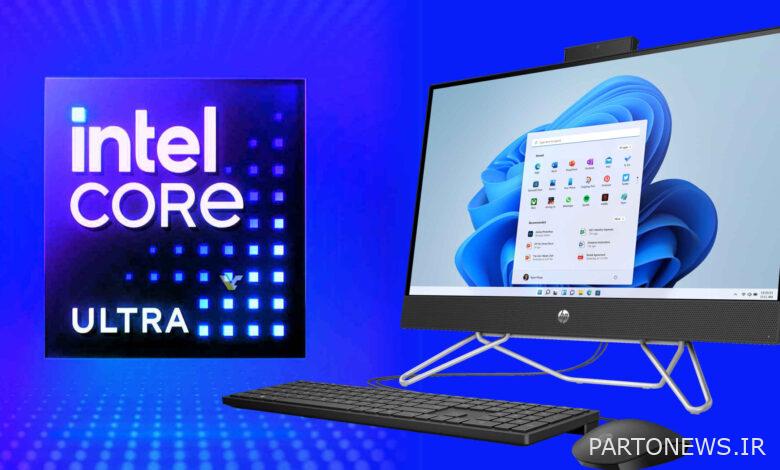Intel clarified: Meteor Lake means desktop, All-in-One computer!

In an interview with PCWorld, Michelle Johnston Holthaus, Intel’s executive vice president and managing director of the Client Computing Group, talked about the Meteor Lake chips. He announced that these chips will be available for desktop computers in 2024. But, the problem with this statement is that Holthaus doesn’t seem to be referring to the desktop socket. Rather, it refers to the physical form of the desktop that can be used in a variety of systems. Therefore, Meteor Lake means desktop, All-in-one computer Is.
Obviously, the vast majority of users will never call a mini PC or All-in-One system a desktop. However, both can technically be on the table. These systems are never marketed as desktop systems and often use low-powered mobile processors. This is in contrast to Intel’s Core K series, which is clearly labeled and marketed as a desktop platform. So Intel had to correct this confusing statement from Holthaus by clarifying that when he talks about desktops, he’s actually referring to an all-in-one system.
Meteor Lake architecture will be used for innovative mobile and desktop designs, including All-in-One PCs
On the other hand, an Intel spokesperson told ComputerBase, Meteor Lake is an energy-efficient architecture that supports innovative mobile and desktop designs, including the most common desktop physical form, such as the All-in-One (AIO). We will have more details of this product to share in the future. Although Holthaus did not explicitly mention the Meteor Lake-S model, from the simple and clear answers provided, it seems that its release in the desktop version is confirmed. This issue has caused considerable confusion. He even stated that Intel plans to offer a comprehensive mix of products for both mobile (portable) and desktop segments. This left little room for alternative interpretations.
While Intel does offer certain desktop/mobile hybrid models such as the Core KB series designed for NUC systems, these models are limited to only a few specific SKUs. Unless these new All-in-One systems coming out in the future are equipped with such processors. They are challenging to classify as true desktop computers, and not all desktop features can be found in these systems. Especially if their hardware is still rooted in portable device technology.
This situation is similar to the difference between Mini-PCs and traditional desktops. The current generation of NUC Extreme systems are similar to small desktop computers and use the sockets of these computers. However, NUC Extreme systems undoubtedly fall into the category of desktop systems, while the All-in-One platform may not fit that description as well.
Points: 5.0 out of 5 (1 vote)
wait a little…

